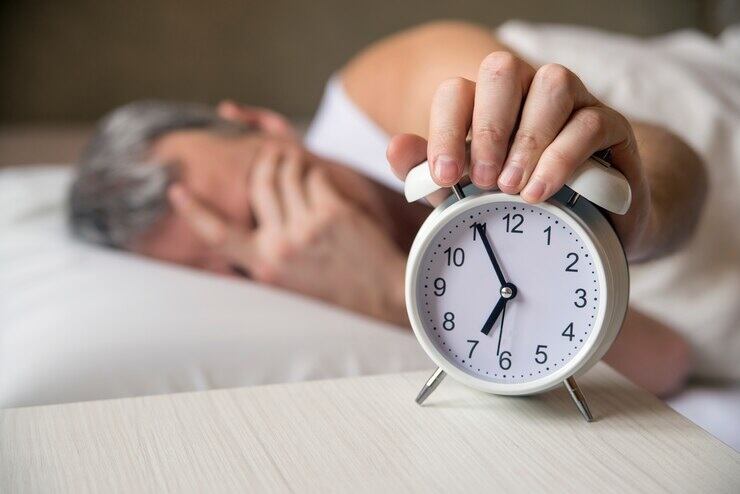Find out what type of insomnia you have and how to treat it.

there are many the people All over the world who suffer or have suffered from insomniaIt may be intermittent or even chronic, but the truth is that getting enough sleep and rest is practically impossible for about 10% of the world's population.
Insomnia. Source: Freebeak
According to the Mayo Clinic, the amount of sleep needed varies from person to person, but most adults need 7 to 9 hours a night. Therefore, experts explain, those who suffer from insomnia usually have a drain on their energy levels and their mood is affected. In addition, it is a disorder that can affect healthAnd work performance and overall quality of life.
Read also: A type of insect that turns into food and is also used to treat arthritis.
Starting from the fact that insomnia occurs in difficulty sleeping or that person Waking up several times during the night, and then not being able to get back to sleep, researchers from Australia and the Netherlands conducted an interesting study through which they were able to determine that not all insomnia is the same.

Insomnia. Source: Freebeak
The study, published in the scientific journal Biological Psychiatry, determines that different types of insomnia It is linked to neural communication patterns, as they were able to observe through MRI scans performed on people with and without sleep problems. This discovery allows the disorder to be treated in a more specific way, considering that 5 types of insomnia have been discovered.
Read also: End of discussion! Find out which type of milk helps you gain muscle mass
Neuroscientist Tom Presser is the study’s first author and highlights that people with some of these types of insomnia would benefit more from treatment specifically. This in turn has led to the understanding that mood and personality have an impact on the quality and quantity of sleep. health in general.
- very sad.
- Somewhat nervous and sensitive to reward.
- Somewhat nervous and insensitive to reward.
- A little sad, and very reactive.
- A little upset, not responsive.
Beyond this classification and the fact that it remains to be investigated how to act specifically in each case, the president of the Argentine Society of Sleep Medicine, Stella Maris Valenci, highlights that there are common treatments for sleep. insomnia. He points out that at this stage measures such as meditation, breathing exercises and interventions with psychologists in general are used.
In addition to the fact that the first recommendation will always be to consult a doctor and avoid self-medication, Valenci shares with us some tips that are part of the recommendations that help achieve sleep hygiene:
- Regular schedule: Keep a regular time for going to bed at night and waking up in the morning.
- If we do not sleep: After 20 minutes of lying in bed and not being able to sleep, it is recommended to get up and read or listen to music with dim light. This is until sleep returns.
- Food: Before going to bed it is advisable to avoid heavy meals and drinks. You should also avoid going to bed hungry.


“Bacon advocate. Certified creator. Twitteraholic. Tv junkie. Beer fanatic. Internet nerd. Passionate thinker. Reader.”







:quality(85)/cloudfront-us-east-1.images.arcpublishing.com/infobae/VFQWKV5ST7POWUYT4L4GK6WQ24.jpg)

